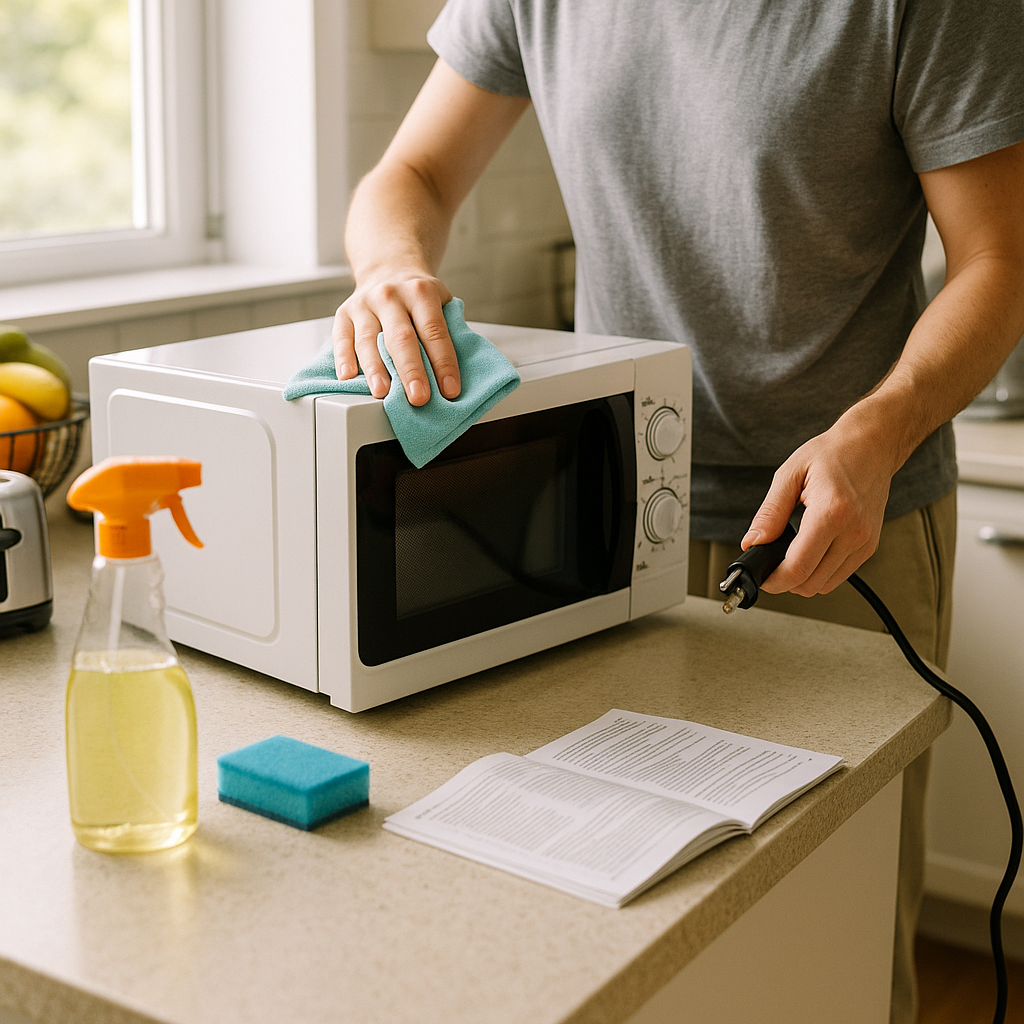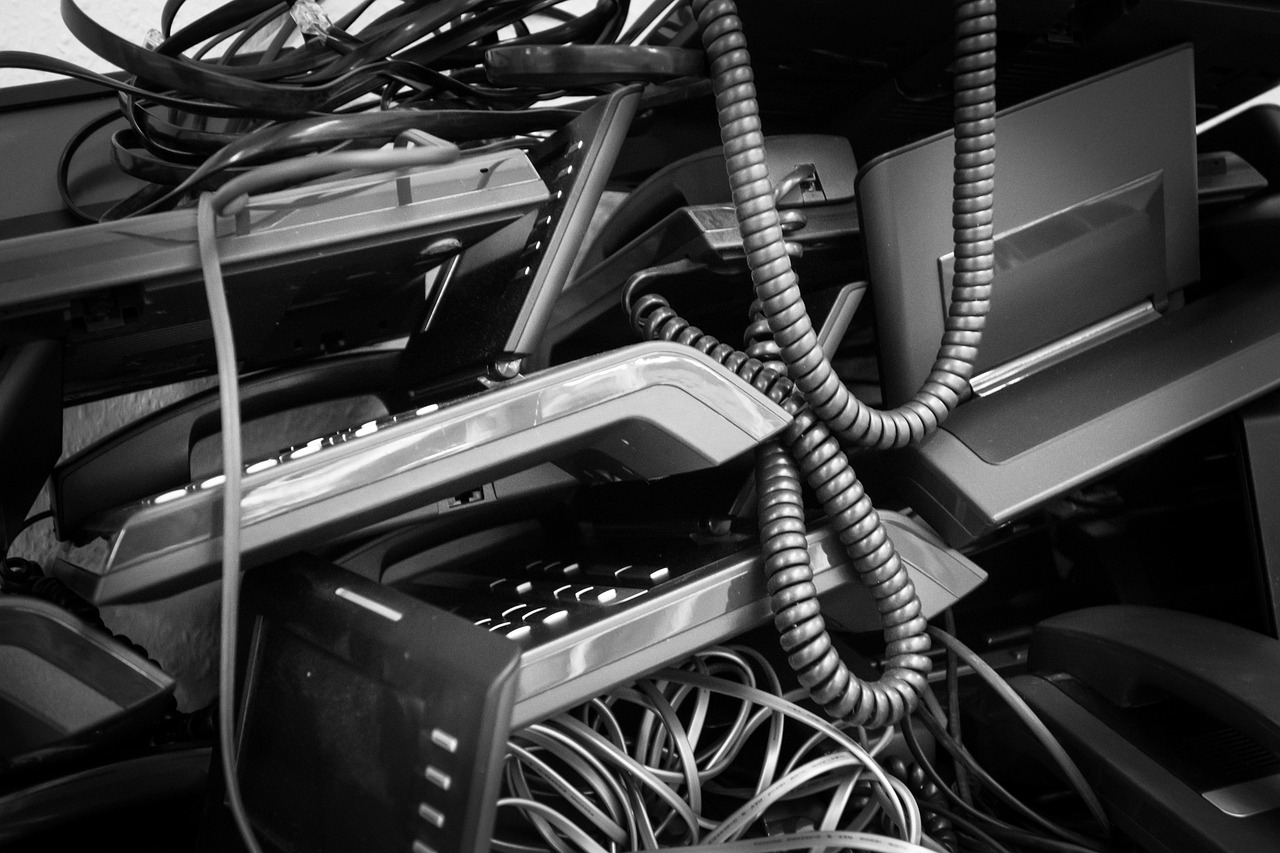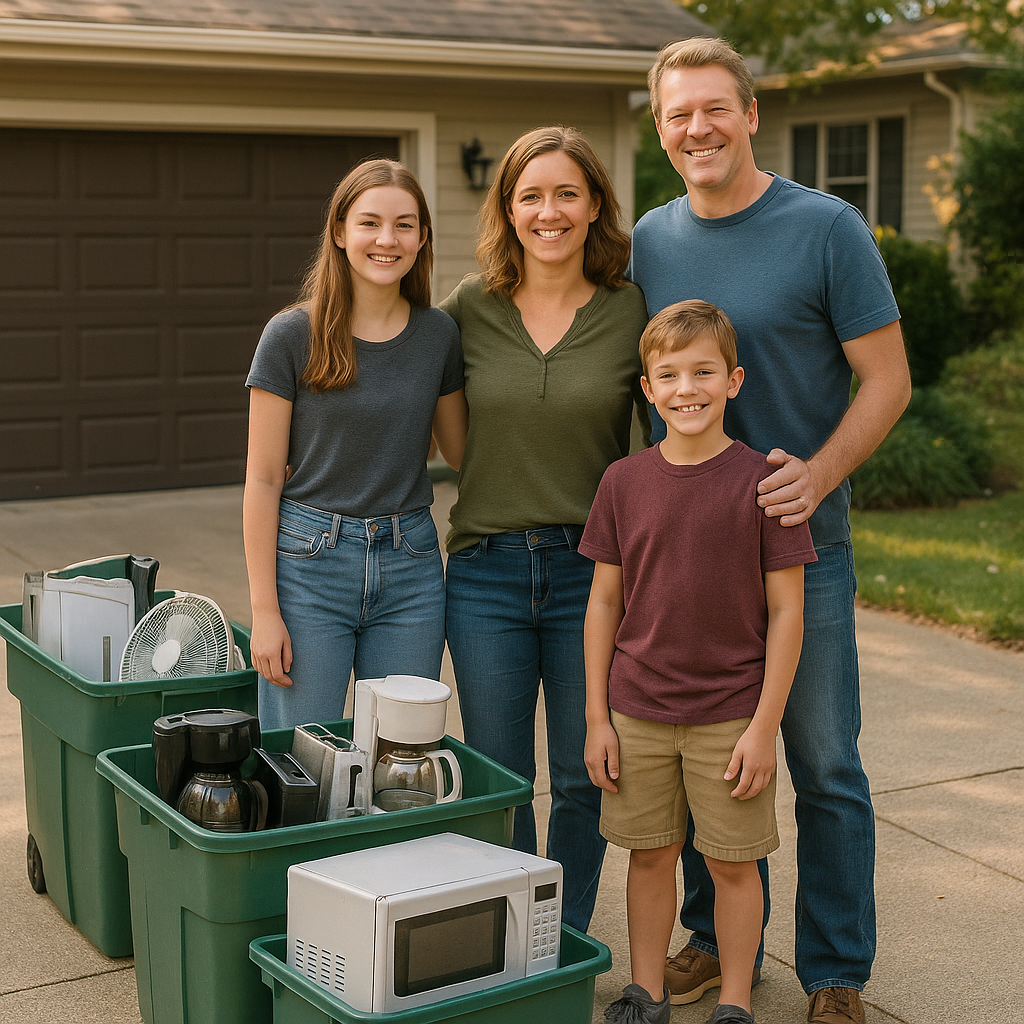5901 Botham Jean Blvd, Dallas, TX 75215
What is Appliance Recycling? A Guide to Eco-Friendly Disposal
July 4, 2025Appliance recycling transforms old, unwanted household machines into valuable resources rather than landfill waste. This systematic process involves the proper disposal of home appliances to recover materials like metal, plastic, and glass for reuse in manufacturing new products. It’s a critical environmental practice that prevents bulky items from occupying limited landfill space.
Both large and small appliances can be recycled. Refrigerators, freezers, washing machines, dryers, dishwashers, and stoves make up most of the recycled large appliances. Smaller items like microwaves, blenders, toasters, and disposals can also be processed through appropriate recycling channels.
The importance of appliance recycling extends beyond simple waste management. When we recycle appliances, we conserve natural resources, reduce energy consumption in manufacturing, and prevent potentially harmful substances from contaminating soil and water sources. This environmentally responsible practice is a key strategy in building more sustainable communities and protecting our planet for future generations.
How Do You Prepare Appliances for Recycling?

Properly preparing appliances for recycling ensures both environmental protection and personal safety. The preparation process varies depending on the type of appliance, but following key steps will help make recycling more efficient and effective.
General Preparation Steps
Start by unplugging your appliance at least 24-48 hours before recycling. This allows sufficient time for appliances to power down completely and for refrigerated units to defrost properly.
Next, thoroughly clean the appliance by removing all food, debris, and personal items. A clean appliance is easier to process at recycling facilities and prevents contamination of recyclable materials.
For appliances with removable parts like shelves, racks, or drawers, secure these components with tape to prevent them from shifting during transport. Alternatively, you can remove these parts and recycle them separately if your facility allows.
Specific Appliance Considerations
Refrigerators and freezers require special attention due to their harmful refrigerants. Regulations mandate that certified technicians must remove refrigerants like CFCs or HFCs before recycling. Never attempt to remove these chemicals yourself, as they can cause significant environmental damage if released improperly.
For safety reasons, secure refrigerator and freezer doors by taping them shut or removing them completely. This prevents children from becoming trapped inside discarded units, a serious safety concern.
Washing machines, dishwashers, and water heaters need to be completely drained of water. Disconnect water lines and allow adequate time for all water to drain out to avoid leakage during transport and processing.
Handling Hazardous Components
Many appliances contain hazardous materials that require professional handling. Older appliances might contain mercury switches, PCBs, or other toxic substances needing special disposal methods.
Capacitors in microwaves and other electronic appliances can store electricity even after being unplugged. Allow sufficient time for these to discharge before handling the appliance.
Remember that oil-containing appliances like air conditioners need professional draining to prevent environmental contamination. This should always be done by certified technicians with proper equipment.
Transport Considerations
Before moving your appliance, measure doorways to ensure you can safely remove it from your home without damaging walls or the appliance itself. Use proper lifting techniques or dollies for heavy items to prevent personal injury.
If possible, keep appliances upright during transport to prevent oil or other fluids from leaking into sealed systems. This is especially important for refrigeration units with compressors.
Professional Services
Many recycling centers offer pickup services for large appliances, eliminating the need for you to transport heavy items. These services often include proper preparation as part of their process.
When using professional services, ask about their environmental certifications to ensure they follow proper recycling protocols. Reputable services will gladly share information about their recycling methods and environmental compliance.
By taking the time to prepare your appliances for recycling, you contribute significantly to resource conservation and waste reduction efforts while ensuring hazardous materials are handled safely.
What Are the Options for Recycling Appliances?

There are several practical methods for recycling appliances in an environmentally responsible way. The best option depends on your specific situation and the type of appliance you need to recycle.
Many retailers now offer convenient pickup services for old appliances when delivering new ones, which eliminates the hassle of transporting bulky items. For example, retailers like Best Buy will remove your old appliance for around $20 when delivering a replacement, and some stores provide this service at no extra cost as part of your purchase.
Local waste management authorities typically offer bulk collection or special recycling programs for appliances. These services often schedule periodic collection days for large items or maintain drop-off locations. Contact your city’s waste management department to learn about available services and any associated fees.
The EPA’s Responsible Appliance Disposal (RAD) program is another excellent option. It ensures that refrigerants are recovered and reclaimed or destroyed properly, foam is handled correctly, and metals, plastic, and glass are recycled. Some utility companies and manufacturers participate in this program, making it easier to dispose of appliances containing harmful chemicals.
Scrap metal recyclers often accept certain appliances, particularly those with high metal content like washing machines and dryers. You might even earn some money by selling appliances with valuable metals. Current rates for scrap metal start at about $0.40 per pound of steel and $3.54 per pound of copper, which can add up quickly with larger appliances.
Professional recycling centers offer comprehensive services for handling all types of appliances. These licensed facilities ensure that hazardous materials are properly managed and valuable components are recovered. You can find these centers through a simple online search or by checking with your local waste management authority.
Before choosing a recycling option, always verify what items are accepted and whether any fees apply. For appliances containing refrigerants like Freon, ensure that the recycler is certified to handle these potentially harmful substances.
For working appliances that are simply outdated, consider donation instead of recycling. Organizations like Habitat for Humanity often accept functioning appliances less than five years old, extending their useful life and helping families in need.
Why is Appliance Recycling Important?

Appliance recycling is a critical environmental practice as waste continues to increase. When appliances end up in landfills, they release harmful substances into our ecosystem. Refrigerants from cooling appliances can deplete the ozone layer at rates 90 to 12,000 times more potent than carbon dioxide. Mercury from switches, PCBs from capacitors, and lead from circuit boards can leach into soil and groundwater, creating long-term environmental hazards.
Recovering metals from recycled appliances offers substantial environmental benefits. A typical decade-old refrigerator contains over 120 pounds of recyclable steel. Recycling one ton of steel saves approximately 2,500 pounds of iron ore and 1,400 pounds of coal. This conservation of raw materials reduces mining waste by an impressive 97%, significantly decreasing the environmental footprint of manufacturing.
Reducing landfill usage is another crucial benefit. With the United States discarding 50 million tons of electronic waste annually—including millions of refrigerators, freezers, and air conditioners—recycling helps address this growing crisis. Currently, only 12.5% of e-waste is recycled, highlighting significant room for improvement in diverting these materials from landfills.
Energy efficiency gains are a significant advantage of appliance recycling programs. These initiatives often incentivize consumers to replace outdated, energy-consuming appliances with newer, efficient models. Energy Star appliances typically consume 30% less energy than older models, potentially saving households up to $450 annually on utility bills. If all residential water heaters in the U.S. met Energy Star standards, national energy savings would reach $13.4 billion annually.
The economic benefits extend beyond energy savings. Appliance recycling creates jobs in collection, sorting, dismantling, and processing sectors. The industry supports a circular economy where materials remain in productive use rather than becoming waste. Some recycling programs even offer monetary incentives for turning in old appliances, providing direct financial benefits.
By properly recycling appliances, we protect environmental health while supporting resource conservation and economic development. Each recycled appliance represents a significant step toward a more sustainable future.
Conclusion: Making Appliance Recycling a Priority

Appliance recycling is essential for environmental sustainability in our electronic world. Proper disposal of old appliances does more than just free up space in your home. By recycling, we conserve valuable resources that would otherwise require energy-intensive mining. This conservation reduces greenhouse gas emissions and protects our planet’s landscapes.
The advantages of appliance recycling are evident and significant. It prevents hazardous materials from polluting soil and groundwater in landfills, retrieves valuable metals and components for reuse, and supports job growth in the recycling industry. From retailer take-back programs to local waste management services and specialized recycling centers, there are many convenient ways to responsibly dispose of outdated or broken appliances.
Want to make a positive impact with your old appliances? Avoid sending them to landfills where they can leak harmful substances. Contact Okon Recycling at 214-717-4083 for professional appliance recycling services that prioritize environmental protection and resource recovery.
